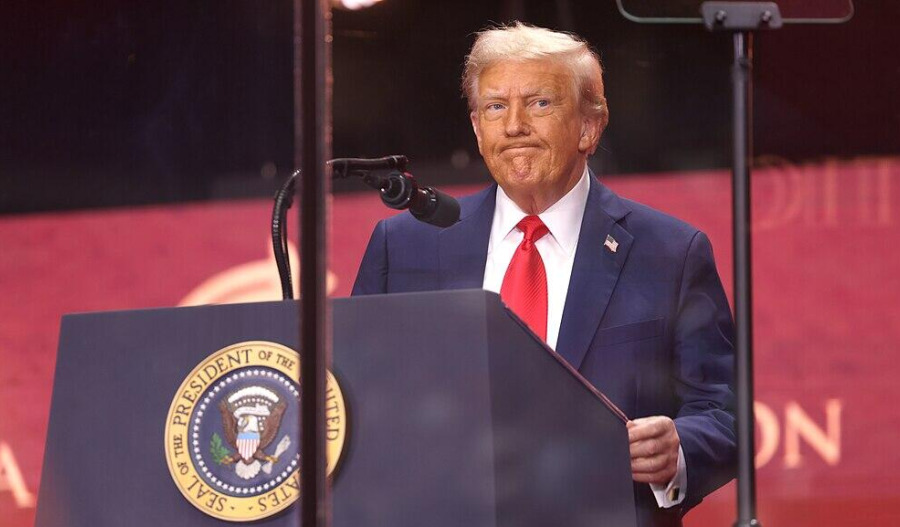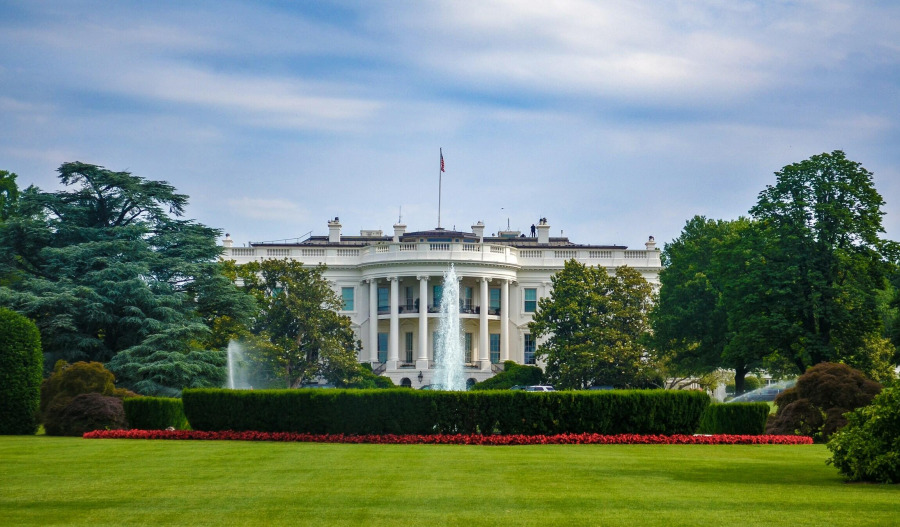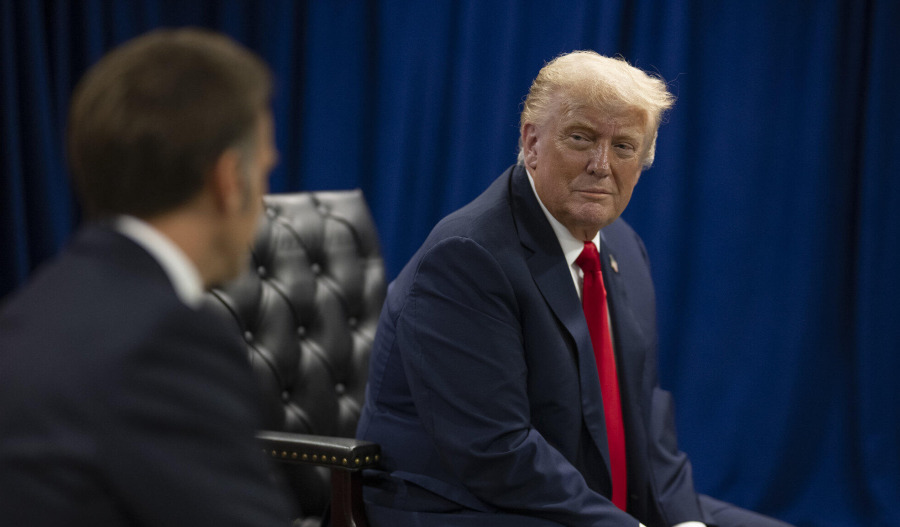The Trump administration's plans for a hefty bailout package to rescue United States farmers blindsided by trade disputes and big harvests could be delayed with the government shutdown preventing congressional action needed to approve such large payouts.
While farmers welcome President Donald Trump’s bailout initiatives to rescue them from potential financial calamity, they have been urging his administration to pursue trade deals that rectify China's ongoing rejection of U.S. soybean purchases with tariffs, and a record corn harvest threatening to sink farmer profits.
The current grain glut has seen U.S. growers struggle with low crop prices and rising costs for inputs such as fertiliser and seeds.
It’s understood that the bailout package to get farmers through the harvest months – which Treasury Secretary Scott Bessent said the White House could announce any day now - would total somewhere between US$10 billion and $15 billion of U.S. taxpayer funds, however, additional aid may also follow.
The funds are expected to go to soybean farmers directly in the crosshairs of the China trade row, plus other types of commodity farmers.
However, despite the China trade row, it’s understood that U.S. farmers are currently benefiting from lower taxes, trade deals and updates to farm programs included in Trump's July tax-cut and spending bill.
"President Trump has made it clear he will not leave farmers behind, so USDA will continue to assess the farm economy and explore the need for further assistance, however, there is nothing new to share at this time," said A U.S. Department of Agriculture spokesperson.
National Economic Council Director Kevin Hassett on Monday said the White House had held several meetings on farmer aid in the past two weeks.
Meantime, while Trump has said repeatedly that the administration will use tariff income to pay for farmer aid, such direct payments to farmers are statutorily capped at $350 million, a fraction of the sum being discussed, and can only be adjusted by Congress.
Given that the federal government is shut down, these adjustments are difficult to achieve.
While another option is to draw down funds from the Commodity Credit Corporation - a financing mechanism at the USDA that’s typically refilled each year in autumn – it has not been refilled due to the shutdown.
During his first term in office, Trump used the CCC to pay farmers more than $23 billion in trade aid, around a $3 billion overpayment, according to the Government Accountability Office.
The remaining funds currently in the CCC are likely insufficient to pay for the package being discussed, Coppess said.
Meanwhile, farmers are already set to receive near-record government payments of more than $40 billion this year, fuelled by disaster and economic aid passed by Congress last year.

Join our community of decision-makers. No card required
Join now

